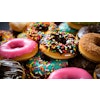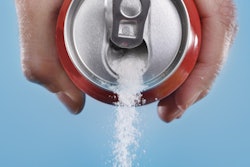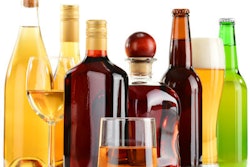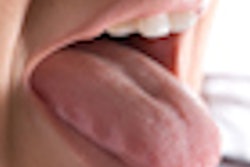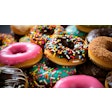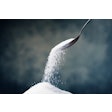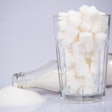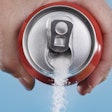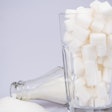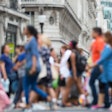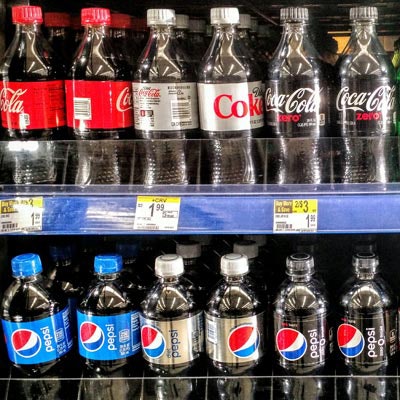
Soda taxes in several U.S. cities have produced mixed results, according to a series of new studies. While a tax in Seattle and a short-lived tax in Chicago reduced sugary drink sales, Philadelphia's soda tax didn't have a significant impact.
The studies are among the first to evaluate whether soda taxes in the U.S. can effectively reduce sugar-sweetened beverage consumption. The early research indicates that when the taxes work, they can reduce the volume of sugary drink sales by as much as 22%.
"We have ample evidence that sugary beverages are connected to type 2 diabetes, obesity, cardiovascular disease, and other health issues, but we're seeing that raising the price of sugary beverages may not impact consumers who don't drink a lot of soda," stated Amy Auchincloss, PhD, MPH, a co-author of the study focused on Philadelphia and an associate professor at Drexel University.
Cook County
Illinois' Cook County, which includes Chicago, is one of the most populous counties in the U.S. Local officials initially created a 1¢ per ounce soda tax to reduce sweetened beverage consumption while also raising county revenue and improving the health of its residents. However, the tax was repealed after only four months due to backlash from store owners and drink manufacturers.
To measure the effect of the short-lived tax, researchers analyzed universal product codes and published their study in the Annals of Internal Medicine (February 25, 2020). The product codes included drinks sold at grocery and convenience stores in and around Cook County -- both before and after the tax went into effect.
The 1¢ per ounce tax reduced the sale of sugar-sweetened and artificially sweetened drinks by 21%, the researchers found. This percentage accounted for shopping that occurred outside of Cook County's border.
Furthermore, the tax was most effective for larger beverage purchases, such as cases or liters of soda. This could be because the tax-per-ounce cost was most visible on larger-volume beverages.
"To see no change in purchases of untaxed beverages in the border area tells us that the observed increase in cross-border shopping was a tax avoidance strategy, not a shift that impacted general purchases," stated lead study author Lisa Powell, PhD, and a distinguished professor at the University of Illinois at Chicago, in a press release.
Seattle
Powell and her team also used universal product codes to evaluate sugary drink sales in Seattle in another study, published in Economics & Human Biology (January 21, 2020).
Seattle implemented a 1.75¢ per ounce tax on sugar-sweetened beverages about the same time as Cook County. However, unlike Cook County's more restrictive law, Seattle's regulation limited the tax to beverages with at least 40 calories per 12 ounces. The law is still in effect.
In the first year after the tax's implementation, the volume of sales for beverages eligible for the tax dropped by 22%, a rate comparable to the short-lived Cook County tax.
Similarly, larger, family-sized beverage sales fell more than sales for individual-size beverages. However, unlike Cook County, cross-border shopping didn't affect the reduction of sales.
"Both studies contribute to the growing evidence that a sweetened beverage tax can lead to lower sales of sweetened beverages and hence may be an effective policy tool for reducing the harms associated with consumption of sugary beverages," Powell stated.
Philadelphia
While the results from the other two studies showed promise for the ability of taxes to reduce consumption of sugary drinks, new research out of Philadelphia isn't so promising.
Researchers conducted a phone survey with approximately 500 adults in Philadelphia and two neighboring cities, and their findings were published in theInternational Journal of Environmental Research and Public Health (February 19, 2020). The participants discussed how often they consumed soda, fruit drinks, energy drinks, and bottled water during a 30-day period.
After the city implemented its 1.5¢ per ounce tax, 39% of Philadelphia residents reported drinking fewer sweetened drinks, a difference that was not statistically significant. The reason could be because many adults in the survey said they didn't drink soda.
Even though Philadelphia's tax may not contribute to reduced sugary drink consumption, it still had positive outcomes, the authors noted. For instance, it helped generate income for education programs in the city.
"Although this law was not passed for health reasons, the tax has the potential to generate long-term health benefits for many Philadelphians because revenue from the tax is being directed toward expanding access to quality early childhood education for children in lower-income families -- and education has a positive effect on many health outcomes," stated senior author Brent Langellier, PhD, an assistant professor at Drexel's Dornsife School of Public Health, in a press release.



